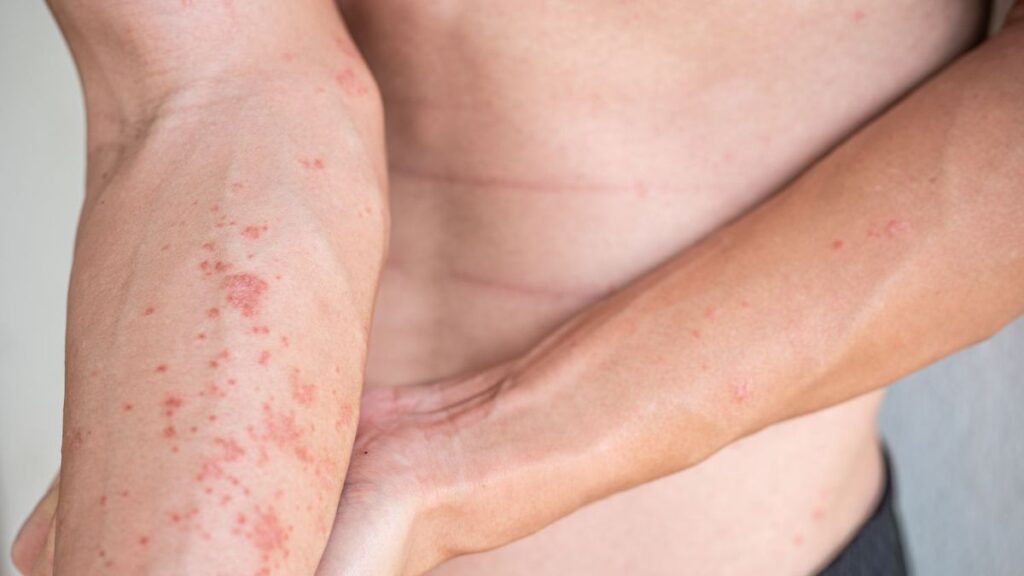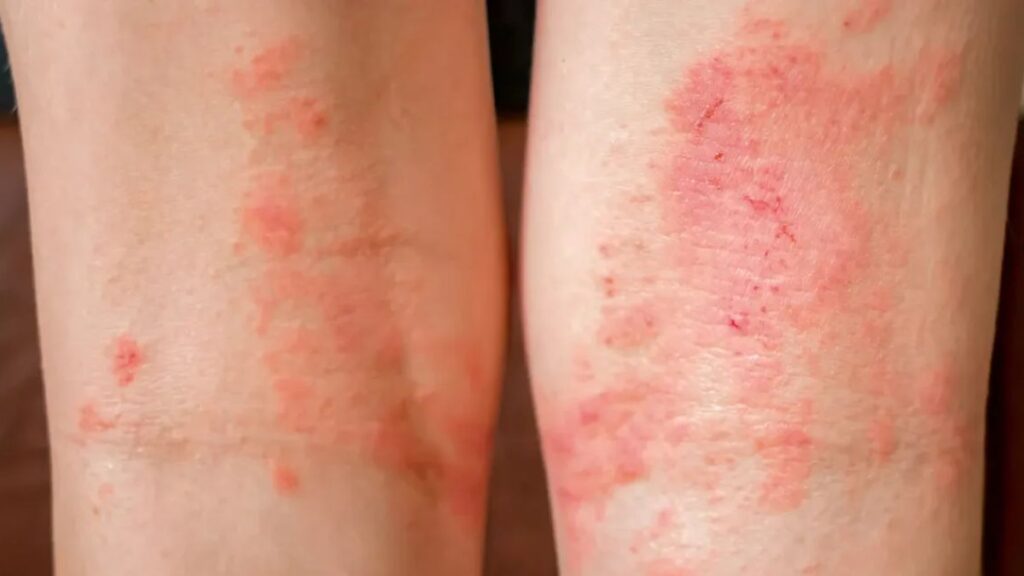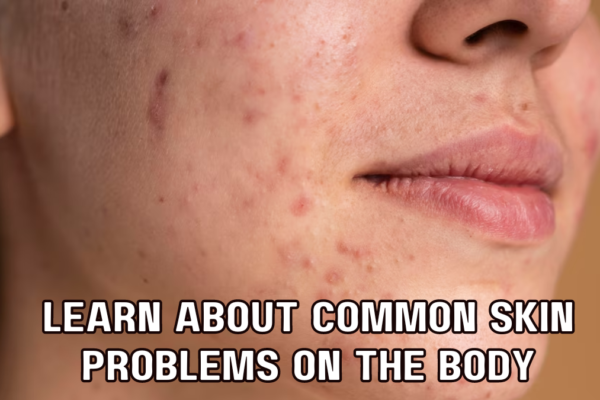Introduction
Eczema, also known as atopic dermatitis, is a common skin condition that affects millions of people worldwide. While it can be a source of discomfort and frustration, understanding the condition and how to manage it can significantly improve your quality of life. In this blog, we will demystify eczema, explore its causes, symptoms, treatments, and offer practical tips for living well with atopic dermatitis.
What is Atopic Dermatitis?
Atopic dermatitis is a chronic inflammatory skin condition characterized by dry, itchy skin and recurrent rashes. It often begins in childhood but can affect people of all ages. While the exact cause of eczema remains unclear, it is believed to be a combination of genetic and environmental factors.
Common Symptoms
- Itching: One of the hallmark symptoms of eczema is intense itching, which can be so severe that it interferes with daily life.
- Redness: Affected skin often appears red or inflamed.
- Dryness: Eczema-prone skin tends to be dry and may become rough or scaly.
- Rashes: Rashes can vary in appearance, from small red bumps to oozing blisters.
- Thickened Skin: Over time, chronic scratching can lead to thickened skin, particularly in areas that are frequently scratched.

Causes and Triggers
Understanding the causes and triggers of eczema is essential for managing the condition effectively. Common triggers include:
- Allergens: Allergens like pollen, dust mites, pet dander, and certain foods can exacerbate eczema.
- Irritants: Harsh soaps, detergents, and fragrances can irritate the skin.
- Stress: Emotional stress can lead to eczema flare-ups.
- Weather: Cold, dry weather can worsen symptoms, as can excessive heat and sweating.

Treatment and Management
Managing eczema involves a combination of preventive measures and treatment options. Here are some strategies:
- Moisturize: Use a gentle, fragrance-free moisturizer daily to keep the skin hydrated and prevent dryness.
- Avoid Triggers: Identify and avoid your personal triggers to minimize flare-ups.
- Skincare Routine: Use mild, non-irritating skincare products, and take short, lukewarm showers.
- Topical Steroids: Your dermatologist may prescribe topical steroids to reduce inflammation during flare-ups.
- Antihistamines: Over-the-counter or prescription antihistamines can help alleviate itching and improve sleep.
- Corticosteroid Creams: These creams can help control inflammation and are available in varying strengths.
- Wet Wrap Therapy: In severe cases, wet wrap therapy can provide relief by applying medicated creams and covering with wet bandages.
- Biologics: For severe, unresponsive cases, biologic medications may be recommended.

Living Well with Eczema
While eczema can be challenging, it’s possible to live well with atopic dermatitis:
- Mindful Scratching: Avoid scratching as much as possible, and use soft fabrics to minimize irritation.
- Emotional Support: Seek support from friends, family, or support groups to cope with the emotional toll of eczema.
- Consult a Dermatologist: If your eczema is severe or not responding to over-the-counter treatments, consult a dermatologist for personalized guidance.
- Sun Protection: Use sunscreen to protect sensitive skin from UV damage.

Conclusion
Eczema may be a lifelong condition, but with the right knowledge and management strategies, you can lead a fulfilling life. By identifying triggers, following a proper skincare routine, and seeking professional guidance when needed, you can demystify eczema and effectively manage its symptoms. Remember that you’re not alone in your journey, and there are resources available to help you live well with atopic dermatitis.












